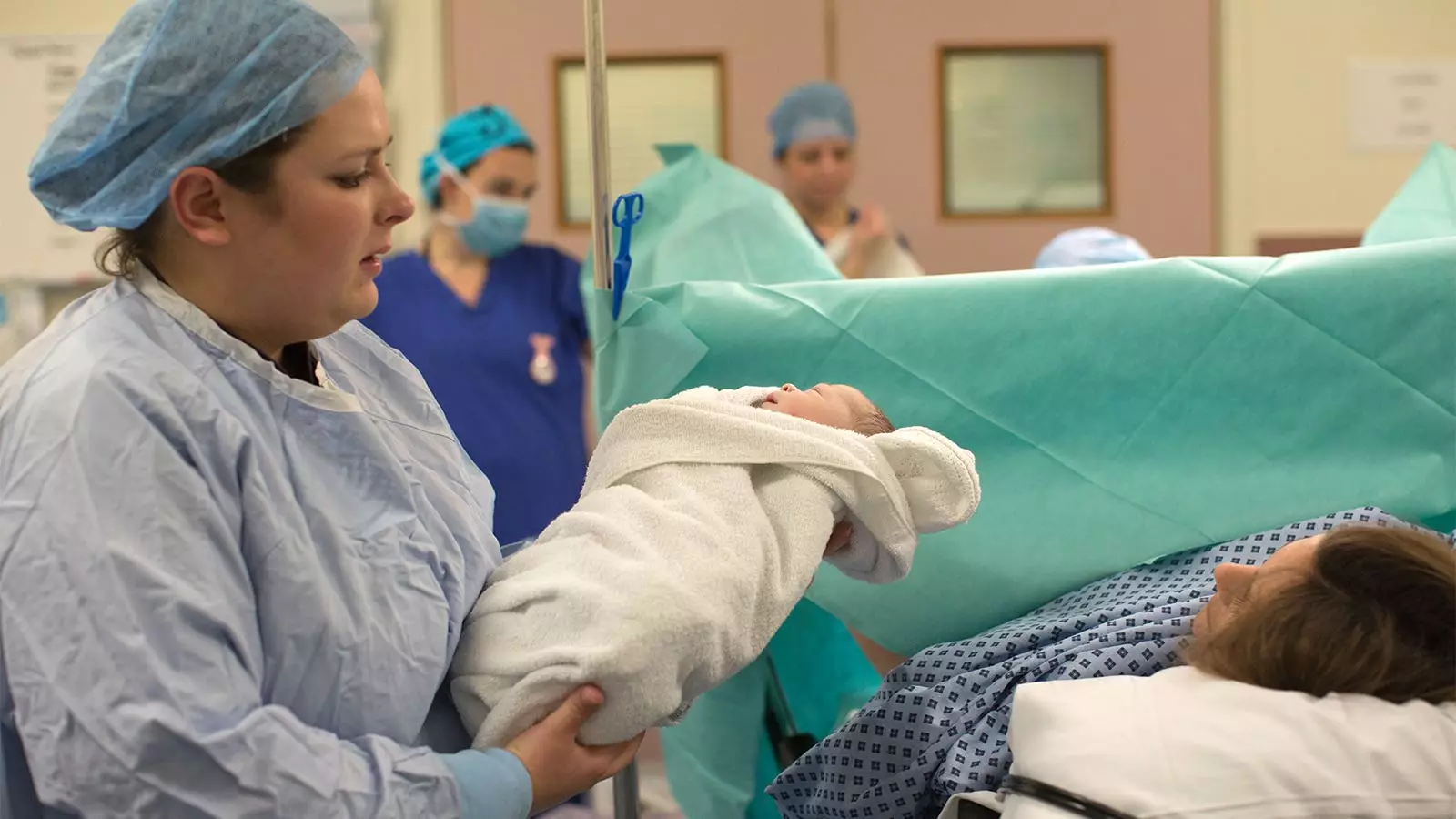Childbirth-related post-traumatic stress disorder (CB-PTSD) is a real and recognized phenomenon that affects a significant percentage of women postpartum, ranging from 4.6% to 6.3%. Many women share their traumatic birth experiences, but are these stories being acknowledged and addressed by medical providers? The normalization of complications during childbirth might lead some practitioners to overlook the mental health implications for new mothers.
While postpartum depression screenings are routinely conducted during obstetric and gynecological visits following childbirth, PTSD screenings specifically for CB-PTSD are often lacking. The standard PTSD screening questionnaire fails to recognize childbirth as a traumatic event, leaving many women with CB-PTSD undetected and untreated. This oversight can have long-lasting effects on the mental health and well-being of new mothers.
After delivering the baby, postpartum patients are usually monitored for physical well-being, but their mental health is often overlooked. Early identification of high-risk patients who may be struggling with CB-PTSD is crucial for providing timely intervention and support. By incorporating a more detailed PTSD questionnaire that acknowledges childbirth as a potential trigger, healthcare providers can better assess and address the mental health needs of postpartum women.
Collaboration with psychiatric colleagues is essential in ensuring that patients with CB-PTSD receive appropriate and tailored therapy, including medications if necessary. By working together, obstetricians and gynecologists can provide comprehensive care that addresses both the physical and mental health needs of postpartum patients. This multidisciplinary approach can improve outcomes and support the healing process for women who have experienced traumatic childbirth.
Advocating for Comprehensive Care
Aspiring obstetricians and gynecologists play a pivotal role in advocating for the recognition and treatment of CB-PTSD in postpartum patients. By keeping CB-PTSD in mind during clinical visits and incorporating screenings and interventions, healthcare providers can make a significant impact on the well-being of new mothers. Addressing CB-PTSD not only improves individual patient outcomes but also fosters a culture of comprehensive care and support within the medical community.
It is imperative that healthcare providers prioritize the mental health of postpartum patients and recognize the prevalence of CB-PTSD. By implementing early detection strategies, conducting thorough assessments, and collaborating with mental health professionals, obstetricians and gynecologists can play a vital role in supporting women who have experienced traumatic childbirth. By addressing CB-PTSD, healthcare providers can create a more compassionate and holistic approach to postpartum care, ultimately ensuring the well-being and healing of new mothers.

Leave a Reply